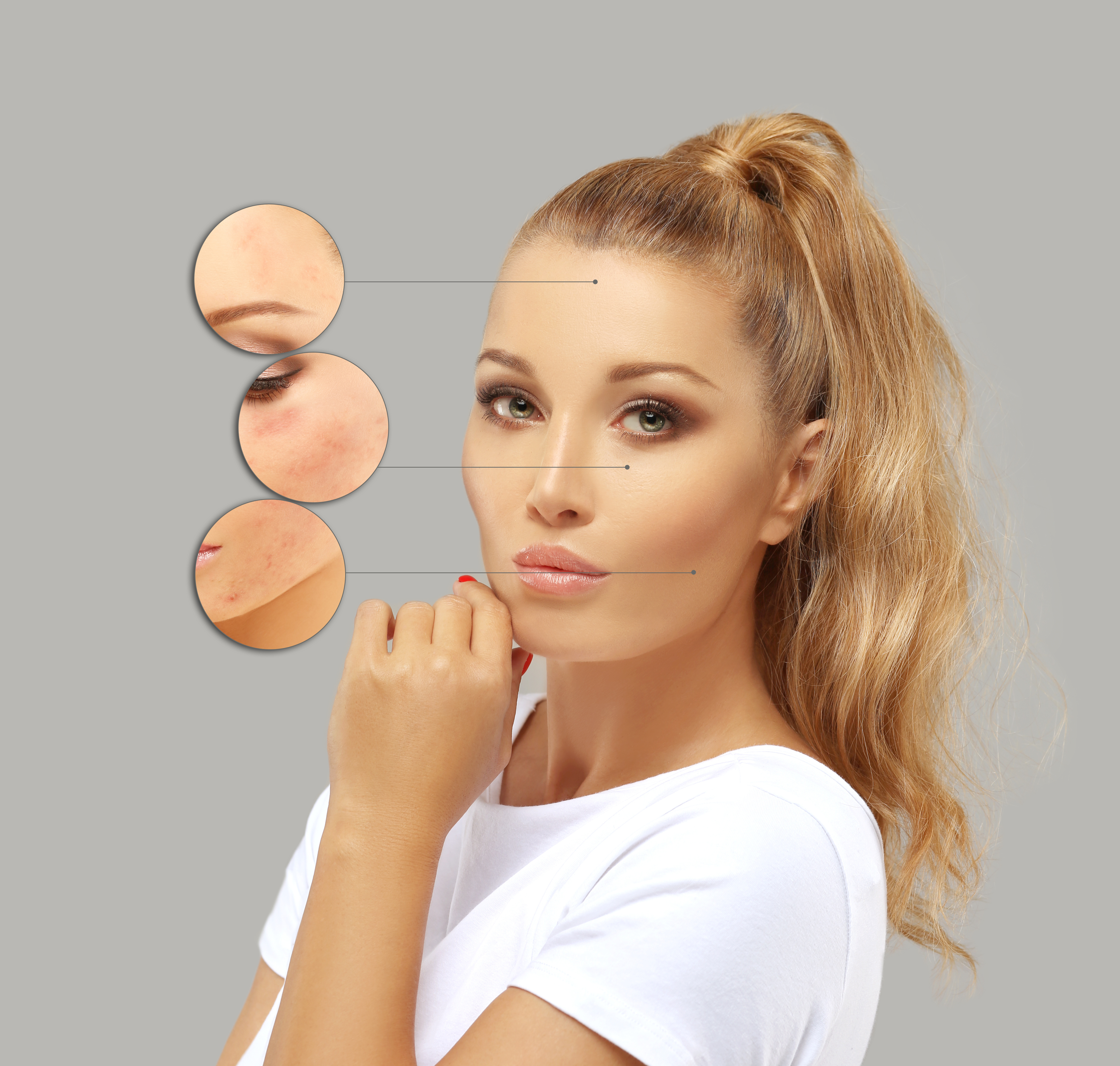Rejuvenate Your Skin with Microdermabrasion
Experience the transformative effects of our Microdermabrasion service for a radiant complexion at SkinSpace Aesthetics in Murfreesboro, Tennessee.

Discover the Power of Microdermabrasion for Radiant, Youthful Skin
Microdermabrasion is a non-invasive skincare treatment that exfoliates and rejuvenates the skin, leaving it smoother, brighter, and more youthful. By gently removing the outer layer of dead skin cells, microdermabrasion helps to improve the appearance of fine lines, wrinkles, acne scars, and hyperpigmentation.
Gentle exfoliation for a fresh, glowing complexion
Reduce the appearance of fine lines and wrinkles
Fade acne scars and hyperpigmentation for a smoother complexion


Reveal Your Skin's Radiance with Microdermabrasion
Microdermabrasion is a non-invasive treatment that exfoliates the skin, removing dead cells and promoting the growth of new, healthy skin. It can help improve the appearance of fine lines, wrinkles, acne scars, and sun damage, leaving your skin looking smoother, brighter, and more youthful.
FAQ
Find answers to common questions about the Microdermabrasion treatment.
Microdermabrasion is a non-invasive procedure that exfoliates the skin, removing dead skin cells and promoting cell turnover. It can improve the appearance of fine lines, wrinkles, acne scars, and uneven skin tone.
Microdermabrasion is generally not painful. Some patients may experience a mild scratching or tingling sensation during the treatment, but it is usually well-tolerated.
The duration of a Microdermabrasion treatment can vary depending on the area being treated and the desired results. On average, a session takes about 30 minutes to an hour.
The number of sessions required for optimal results can vary depending on individual factors such as skin condition and treatment goals. Typically, a series of 4-6 treatments spaced 2-4 weeks apart is recommended.
There is usually no downtime after a Microdermabrasion treatment. Some patients may experience mild redness or sensitivity immediately after the procedure, but it typically subsides within a few hours.
